"MON" NGOEN "TIMA" [Acehnese] - Unique way Aceh people looking for a source of springs to dig wells
Last night while I was fetching water at the "mon" with "tima", suddenly I remembered some of the unique story that I often hear about mon. Especially when the process of determining the source of the spring before digging. On a good day I want to share the uniqueness of these with you the stemians.
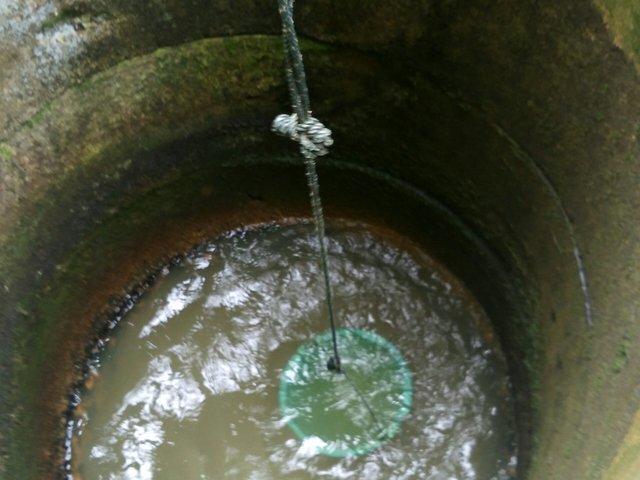
Almost all areas in Aceh make "Mon" as a source of water to the needs of bath, wash, cooking, flush plants etc., while "Tima" used to take or draw water, there are saying "where there is a wells, there there is a bucket" 😁
"MON"
MON is the traditional wells are usually a rather large hole and was given a wall round the edges to maintain the safety of users and reach of children. Before we know the ring wells, wells are usually only given makeshift barrier of bamboo or wood.
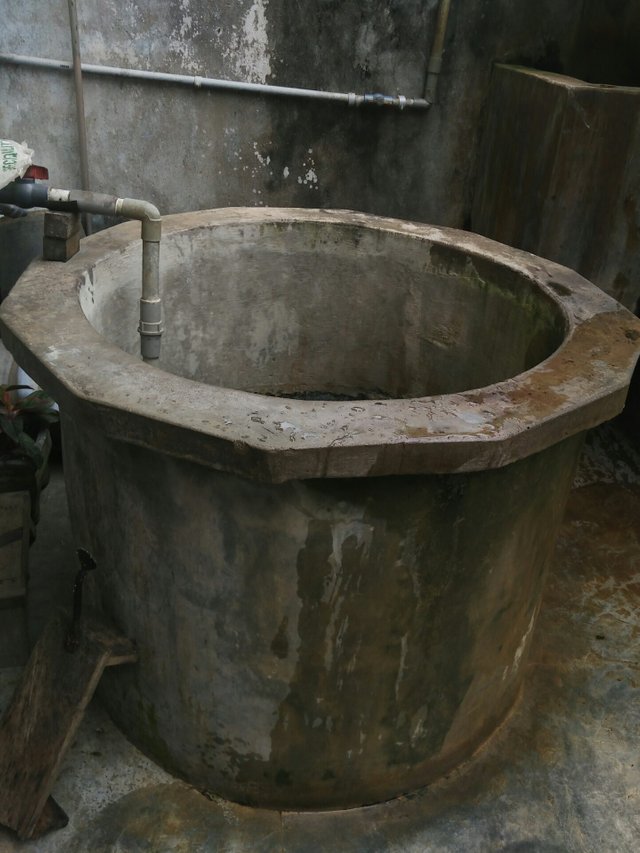
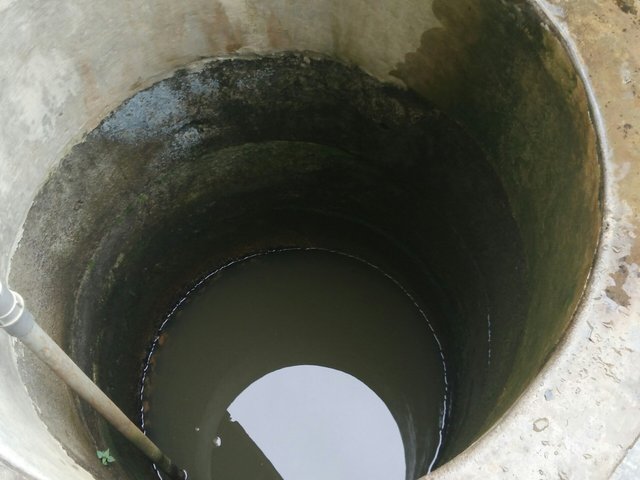
In the making of this wells also save a lot of unique stories, such as when choosing the appropriate place to be in a position to explore the available springs. of course consideration of the type of soil is also a requirement to obtain clean water.
In determining the source of water, the ancient Aceh usually put salt under coconut interval of a day and night. If the color of the salt water turned red sign that will be generated later is not clear. But if it does not change color, it is a sign of water that will be produced clear and land positions are eligible to be wells. And one more unique, if the place is frequented by frogs, then the site could potentially be used as a wells. Because the frog is a kind of animal who needs water, so he has an instinct a location where there are springs.
I myself have never tried this way, believe it or not ?. But the people of Aceh earlier times prove that the method is very scalable in determining the source of the springs. This can be proved from the relics wells at that time which still produces water with a good and clear.
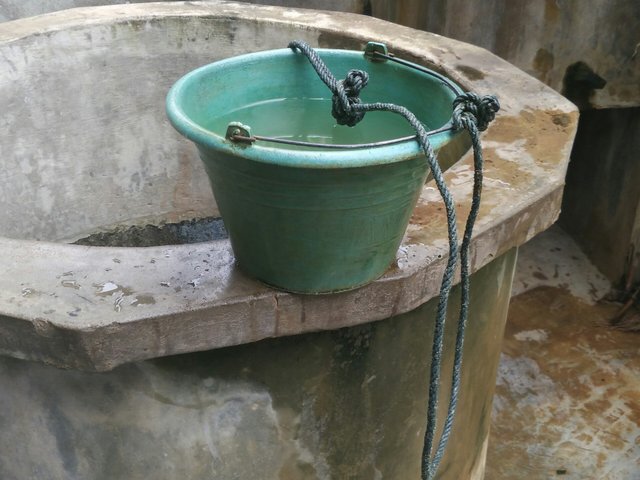
"TIMA"
TIMA is made of a plastic bucket used to draw water wells, by way of the rope to dip a bucket into the water, then pull the rope to lift. Earlier times dipper made from betel leaf midrib that we call in Aceh "situek".
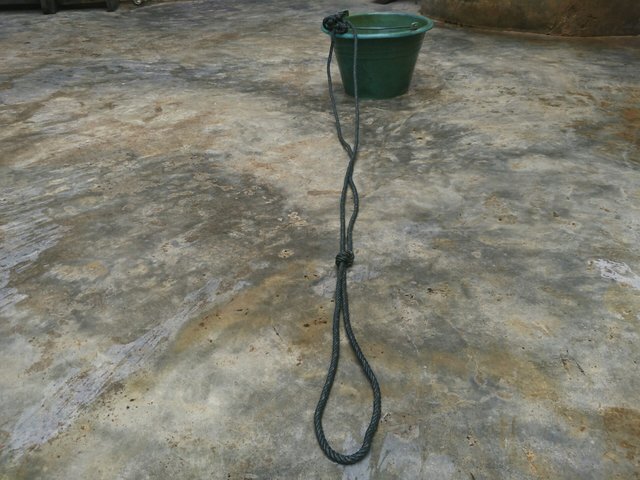
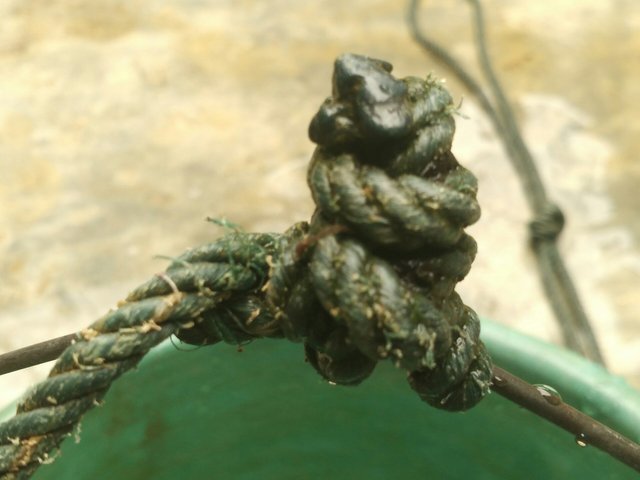
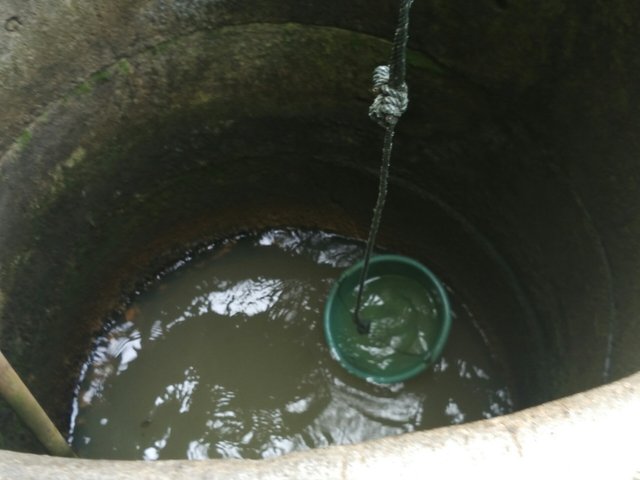
For the stemians who lived and settled in urban areas will definitely be difficult the first time to draw water from a well with a bucket. It looks easy but when doing so will be difficult and need to get used first.
The following video I show how to draw water from the well.
VIDEO & IMAGES - BY AUTHOR
If you like, follow me @harferri
THANK YOU FOR VISITING & UPVOTE MY BLOG.!!
nice
@emoxs Thank you